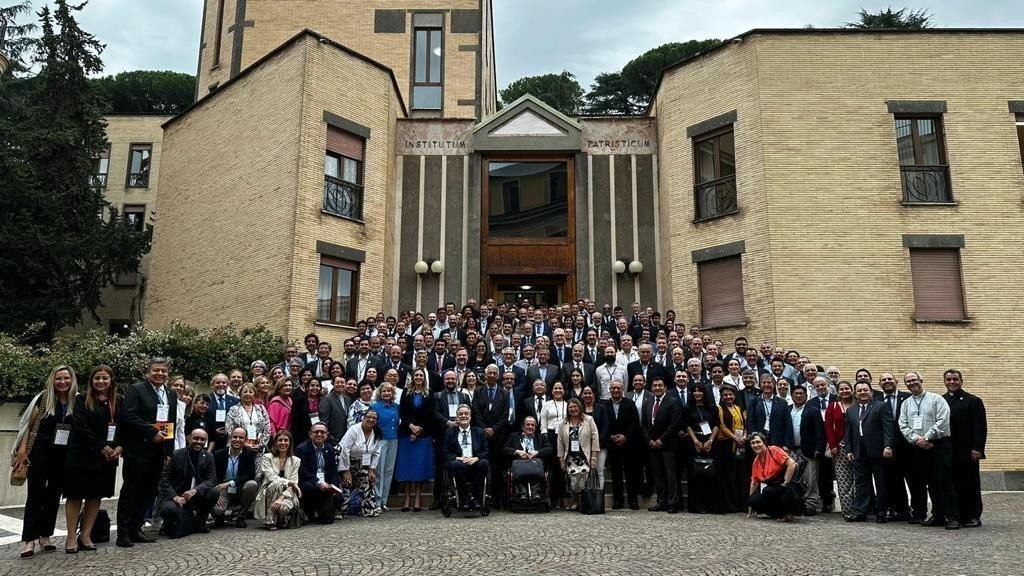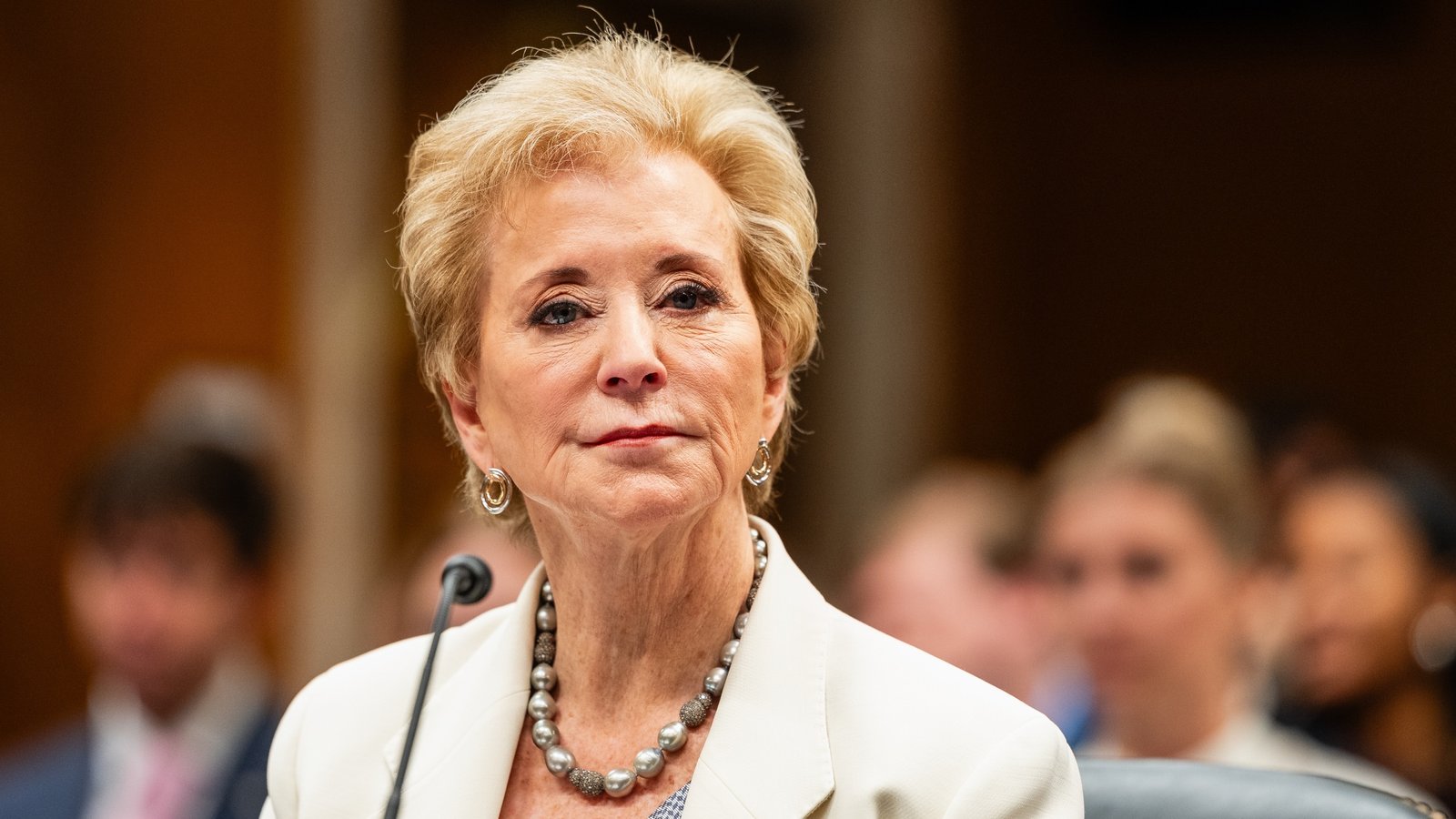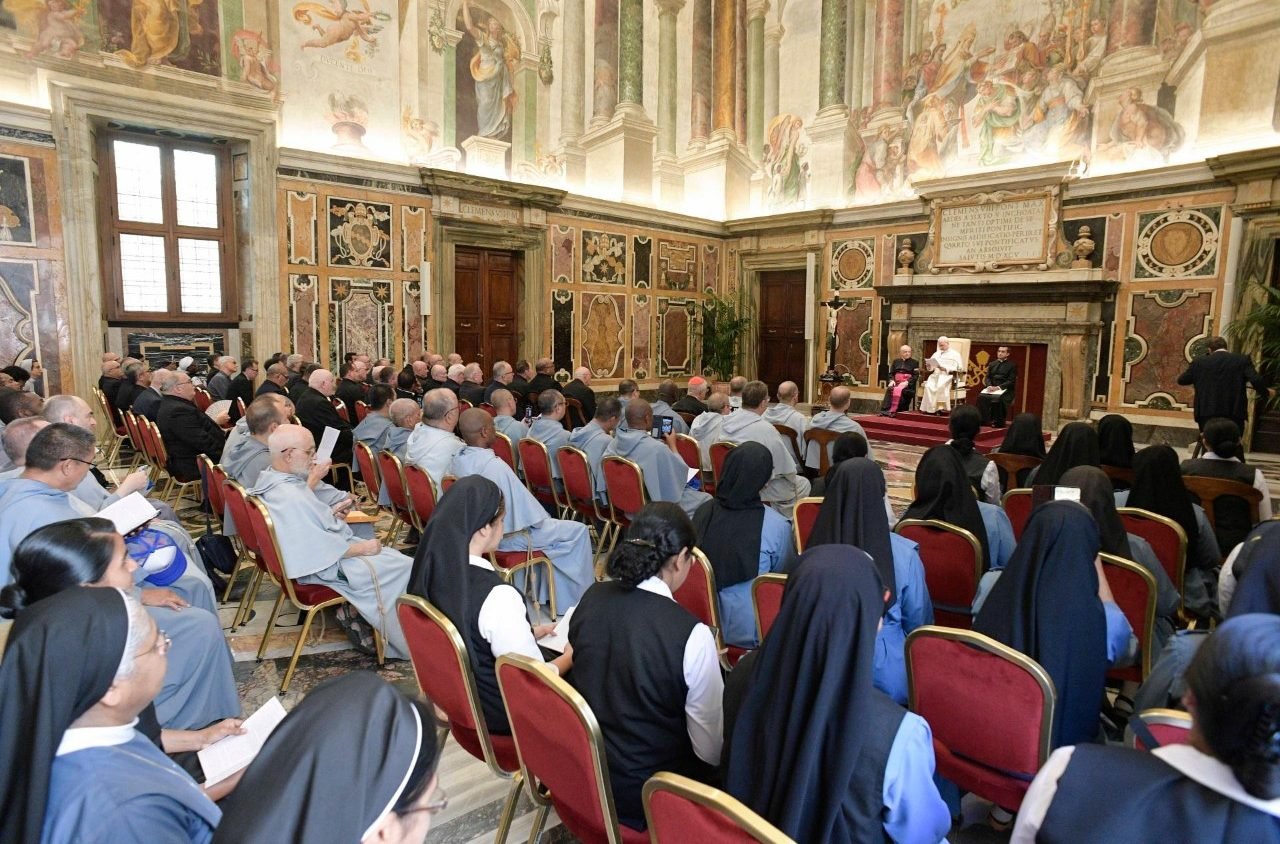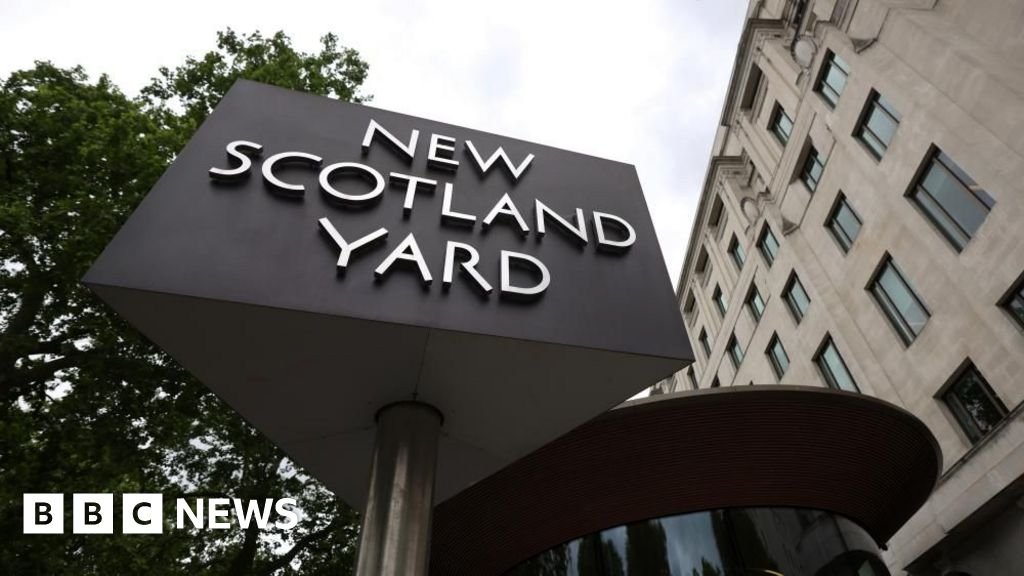
The goal of the gathering is to promote a synodal proposal that encourages listening, collective discernment, and concrete action in response to the socio-environmental crisis.
Vatican News
This year marks the tenth anniversary of a historic document within the Papal Magisterium, the encyclical Laudato Si’. The document has marked a profound impact on the Catholic Church, global society, and the scientific community, still fully relevant today amid the global socio-environmental crisis.
Universities for the care of our Common Home
This milestone has led to the convocation of the Second Synodal Meeting of University Presidents for the Care of Our Common Home, with representatives from North, Central, and South America, as well as the Iberian Peninsula. The gathering will take place 20-24 May 2025 at the Pontifical Catholic University of Rio de Janeiro (PUC-Rio), aiming to solidify the commitment of universities in promoting environmental stewardship.
Organized by the University Network for the Care of the Common Home (RUC), the event is supported by the Pontifical Commission for Latin America (PCAL) — formerly presided over by Cardinal Robert Prevost, now Pope Leo XIV — through the Building Bridges initiative. This meeting follows up on the first gathering called “Organizing Hope” held in 2023 at the Vatican with the participation of Pope Francis.
In light of COP30
Coinciding with the tenth anniversary of Laudato Si’ is the upcoming COP30, which will also be held in Brazil, specifically in Belém. In this context, PUC-Rio will host representatives from academia, government, the Church, and multilateral organizations. The goal is to develop a synodal proposal that fosters listening, collective discernment, and concrete action in the face of the socio-environmental crisis. This marks an opportunity to continue the vision of Pope Leo XIV, who advocates building bridges for peace and sustainable development.
Supporting institutions include the Dicastery for Culture and Education led by Cardinal José Tolentino, the Association of Jesuit Universities of Latin America (AUSJAL), the Latin American and Caribbean Episcopal Council (CELAM), Caritas Latin America and the Caribbean, and the Government of Brazil. Among other sponsors are Porticus, the Development Bank of Latin America and the Caribbean (CAF), and the Organization of Ibero-American States (OEI).
The four dreams of “Querida Amazonía”
The gathering is inspired by the four dreams Pope Francis outlined in the Post-Synodal Apostolic Exhortation “Querida Amazonia“: social, cultural, ecological, and ecclesial. On the final day, Saturday, 24 May, a public commemorative event will be held at Christ the Redeemer to celebrate a decade of Laudato Si’.
With participation from over 200 public and private universities, the event echoes Pope Francis’s call at World Youth Day 2013 in Rio “to shake things up.” The goals include:
– Promoting dialogue between academia, public, and private sectors to design coordinated strategies on faith and innovation aligned with the COP30 agenda;
– Encouraging inter-university cooperation networks focused on sustainability and climate change;
– Advancing Ibero-American university commitments to a just transition through sustainable and holistic development models;
– Formulating strategic recommendations for COP30 from the academic community;
– Reflecting on the impact of Laudato Si’ in higher education, research, and public policy.
Urgent and coordinated responses
As highlighted by CELAM’s awareness campaign, launched on 9 December 2024 at the Vatican, “life hangs by a thread.” The socio-environmental crisis calls for urgent, coordinated responses from churches, governments, civil society, and academia. It reflects the influence on thought of Laudato Si’ and emphasizes the role of universities in generating knowledge and forming sustainability-minded leaders. This includes: strengthening climate research networks, developing proposals and commitments for COP30, and promoting collaborative leadership for a sustainable future.
Universities are key agents in the current “epochal shift” by launching educational and lifelong learning processes through international coordinated action, generating hope expressed through concrete actions, as Pope Francis envisioned and RUC embraces. This path of care also confronts public debt, which is linked to ecological debt, especially within the context of the Jubilee Year. The agenda includes: advocating for a new financial architecture, ensuring respect for the dignity of human life, and creating a global fund to end hunger and promote education and sustainable development.
Community discernment ahead of COP30
The four-day event will be structured around the four dreams of Querida Amazonía, concluding with a final gathering. Topics include: a new global financial structure, dialogue as the best political path for human dignity, biodiversity and technology, and building bridges to promote sustainable development. The methodology emphasizes dialogue and shared decision-making, starting each day with a reflection by an expert, followed by collective work to summarize concrete action proposals. This will take the form of “community social discernment”, where university representatives will draft proposals for COP30, to be presented in Belém’s Blue Zone.
Ten years of Laudato Si’
First published on 24 May 2015, Laudato Si’ focuses on caring for our Common Home. It analyzes the ecological crisis from an integral perspective that weaves together ecology, ethics, economy, politics, and spirituality. It addresses critical global challenges, such as, pollution and climate change; biodiversity loss; the water crisis; the decline in human life quality; and weak international responses. These issues are traced back to excessive anthropocentrism and a technocratic paradigm, which challenge the notion of human dominion over nature and the obsession with limitless economic growth.
A path of hope
In response Laudato Si’ offers a holistic approach that links the environment, economy, society, and culture. It introduces the concepts of environmental, economic, social, and cultural ecology, and calls for a new sustainable economic model; global governance and international agreements for environmental protection; citizen participation in ecological struggles; and policies that benefit the most vulnerable. In moving forward, the document advocates for ecological conversion; an economy serving life rather than profit; shared responsibility among governments, businesses, and citizens; and urgent action before reaching irreversible damage.
Through Laudato Si’ Pope Francis aimed for the Catholic Church to influence the UN, politics, and ecological movements. It proposes a paradigm shift that respects both nature and social justice, promotes interreligious and scientific dialogue, and combats environmental denialism with scientific data, ethical reflection, and urgent action proposals. This landmark encyclical is a cornerstone of global ecological awareness, championing integral ecology that centers on the well-being of the planet and humanity.




